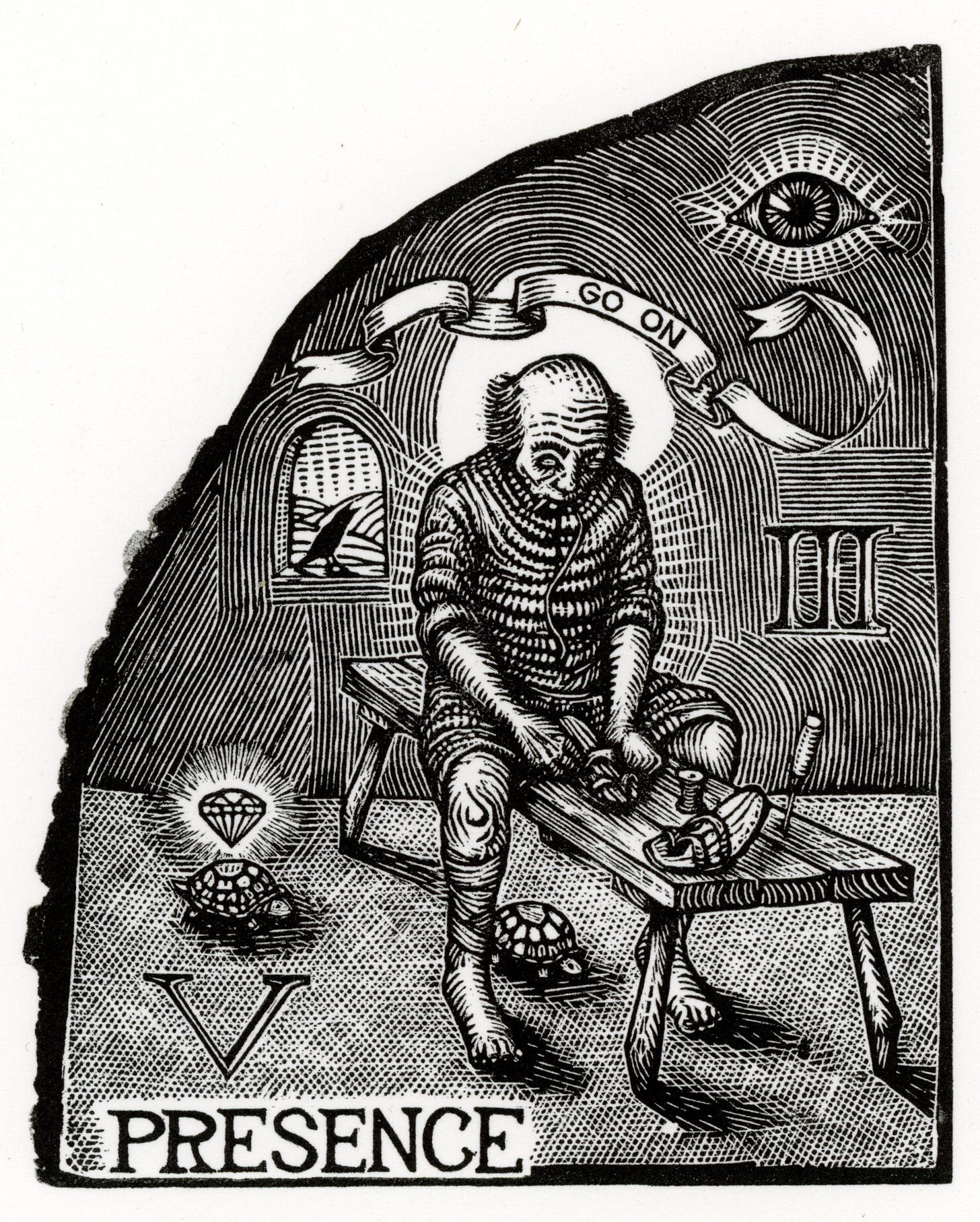Kyle Rules
I first learned how to pray as a boy sitting at the dinner table. Growing up, we had a thing called Kyle Rules. My mother is a fantastic cook, and I honestly never heard the word “diet” discussed, much less practiced. So it was difficult- no, impossible- not to tear into my mother’s cutlets and milk gravy over rice with a side of buttered green beans. To avoid creating resentment and strife by making poor, hungry children wait until everyone was seated, my mother created a rule that encouraged our appetites. The rule was clearly stated before every meal involving naïve guests: You can start eating when you get to the table, and after everyone is seated, then we’ll stop and pray. Now that’s a good rule! Good job, Mom!
He-Man!
As a child, rote prayers were necessary to encourage my dialogue with the Creator of the universe. Though I was raised in a Methodist home, we learned my mother’s prayer, the Catholic Table Prayer. We’d say it together as a family, which, looking back, was really beautiful. But for an embarrassingly long time, I remember saying: “Bless us, O Lord, and Ds dyes gift, which we’re bout to receive from dye bounty, to Christ our Lord. He-Man.” It didn’t help that I thought whoever prayed the fastest won. (I just clocked myself at 2.31 seconds. Good luck beating that!) It wasn’t until my brother Bart caught the word “He-Man” that I was corrected. (Corrected = laughed at by my entire family… mother included.) Technically, I was praying to the Masters of the Universe, so I still don’t think I was too far off.
In my own family today, our prayers before meals are always extemporaneous. This means we pray as we feel led—preferably without food in our mouths, though that rule gets broken occasionally. Also, prayers that are more venting than prayer are frowned upon. I.E.: “Lord, I hope my friends are doing good and having a good day, and I hope Ms. ____ will stop being mean to me, and I don’t know why she has to ____ every time I _____. That just makes me ____ ____ ____…” 😳 You get the idea. Time Out is quickly called mid-prayer, and parents go to the bullpen for a do-over.
But the greatest offense—the greatest sin—at any pre-meal prayer is the egregious waste of time. I’m talking about long-winded pray-ers. These people will not be tolerated! Some may be tempted to pray for a long time after a Sunday morning service; let it be known, this is the absolute worst time to pray at length. We’ve been praying all morning! I’m pretty sure God’s ready to eat, sit on the couch, and watch football. I have a vivid memory of this pearl of wisdom passed from father to son: Reflect on another Kyle proverb—“Those who pray too long before a meal haven’t prayed enough all day.” He-Man to that!

Brother Lawrence
Acts 2:42 says, “They devoted themselves to the apostles’ teaching and to fellowship, to the breaking of bread and to the prayers.” One of my favorite Christian figures is a monk named Brother Lawrence, who lived over 300 years ago. He’s best known for the book The Practice of the Presence of God. He amazes me because he describes how he sought to spend every moment of his life in prayerful awareness of God. After 40 years of practicing God’s presence in prayer, Brother Lawrence reflected in a letter saying that the first decade was hard, but the next 30 years became easier and more fulfilling.
Ten years is a long struggle to develop a heart devoted to prayerful presence. Most of us struggle to pray for ten minutes before our attention drifts. (Okay, that’s me. My sweet spot is when they last 2.31 seconds.) But Lawrence offers a fresh perspective when he writes:
“As for my set hours of prayer, they are simply a continuation of [my prayerful] exercise. Sometimes I consider myself as a stone before a carver, of which He is to make a statue. Presenting myself thus before God, I desire Him to make His perfect image in my soul and render me entirely like Himself. At other times, when I apply myself to prayer, I feel all my spirit lifted up without any care or effort on my part. This often continues as if [my soul] were suspended yet firmly fixed in God, like a center or place of rest.”
Prayer is profound and often misunderstood—and it may be the closest taste of heaven we experience on earth. Consider Lawrence’s words: In prayer, would we allow God to wash over us in such a way that our true self is created while the old is washed away? This doesn’t mean long-winded babbling prayers like the pagans, or the self-righteous boasting of religious elites. Rather, it means calling God Father and welcoming Him to sit with you at the table, surrounded by good family, in front of a hot meal, where prayers are heard, love is spoken, and hearts are fed.
Because our hearts and minds are often distracted, and we struggle to notice God’s nearness, let’s confess our need for His presence by praying this confession of sin together.
Let’s pray…
Father, we confess that we often come to the table hungry but prayerless—too distracted to notice Your presence and too hurried to speak or listen. Jesus, we forget that You are the one who invites us, feeds us, and makes us whole. Forgive us, and by Your Spirit, teach us to be still with You—where prayers are heard, love is spoken, and hearts are fed by grace.
Thanks for praying! God bless you. We’ll read and pray again next Saturday at 8:30 a.m.






Love you 😘
Amazing job! Thanks for sharing